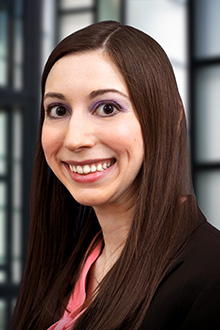Today, the California Supreme Court issued an opinion in Perry v. Bakewell Hawthorne, LLC (S233096, Feb. 23, 2017) __ Cal.5th ___, analyzing the following issue: Does Code of Civil Procedure section 2034.300, which requires a trial court to exclude the expert opinion of any witness offered by a party who has unreasonably failed to comply with the rules for exchange of expert witness information, apply to a motion for summary judgment? The court held that “when the [trial] court determines an expert opinion is inadmissible because disclosure requirements were not met, the opinion must be excluded from consideration at summary judgment if an objection is raised.” (Slip opn., p. 1.)
The court disapproved of Kennedy v. Modesto City Hospital (1990) 221 Cal.App.3d 575 (Kennedy), and overruled Mann v. Cracchiolo (1985) 38 Cal.3d 18, to the extent it was inconsistent with the court’s opinion. Kennedy had determined that there was no legislative intent to make the exclusion of expert testimony applicable to a summary judgment motion. (Slip opn., p. 3.) The court had reasoned that admissibility at trial is not the same as admissibility at a summary judgment proceeding. The California Supreme Court held that Kennedy “erred when it suggested that the evidence contained in summary judgment declarations need not be admissible at trial.” (Id. at p. 5.) According to the court, Code of Civil Procedure section 437c has always required that an expert’s declaration set out admissible evidence, which the Mann and Kennedy courts overlooked. (Id. at pp. 5, 7.) Additionally, the results in Kennedy and Mann reflected the more restrictive approach to summary judgment that prevailed at the time those cases were decided. (Ibid.) Section 437c was significantly changed in 1992 and 1993 and “is now seen as ‘a particularly suitable means to test the sufficiency’ of the plaintiff’s or defendant’s case. [Citations.]” (Id. at p. 7.)
The court concluded that “[a] party may not raise a triable issue of fact at summary judgment by relying on evidence that will not be admissible at trial. [Citation.] When the time for exchanging expert witness information has expired before a summary judgment motion is made, and a party objects to a declaration from an undisclosed expert, the admissibility of the expert’s opinion can and must be determined before the summary judgment motion is resolved.” (Slip opn., pp. 7-8, original italics.)
